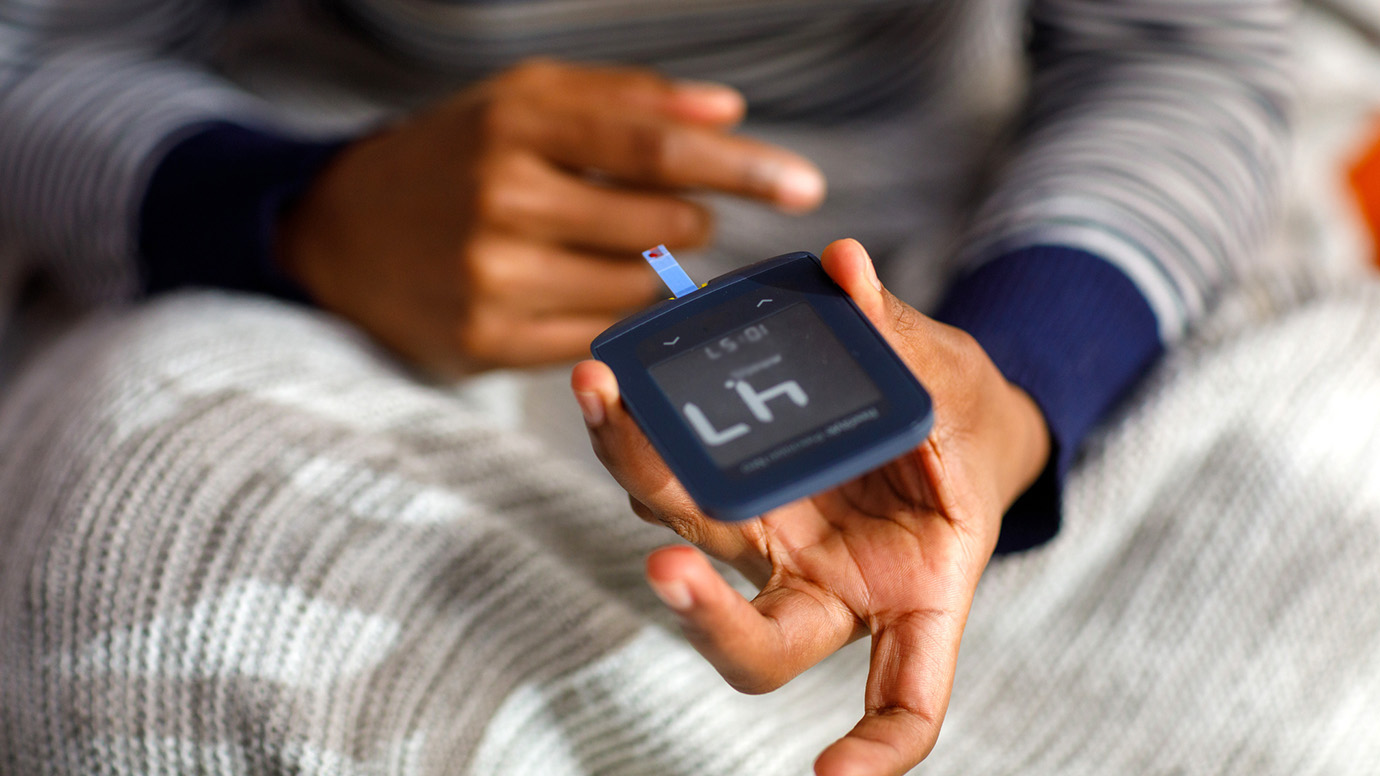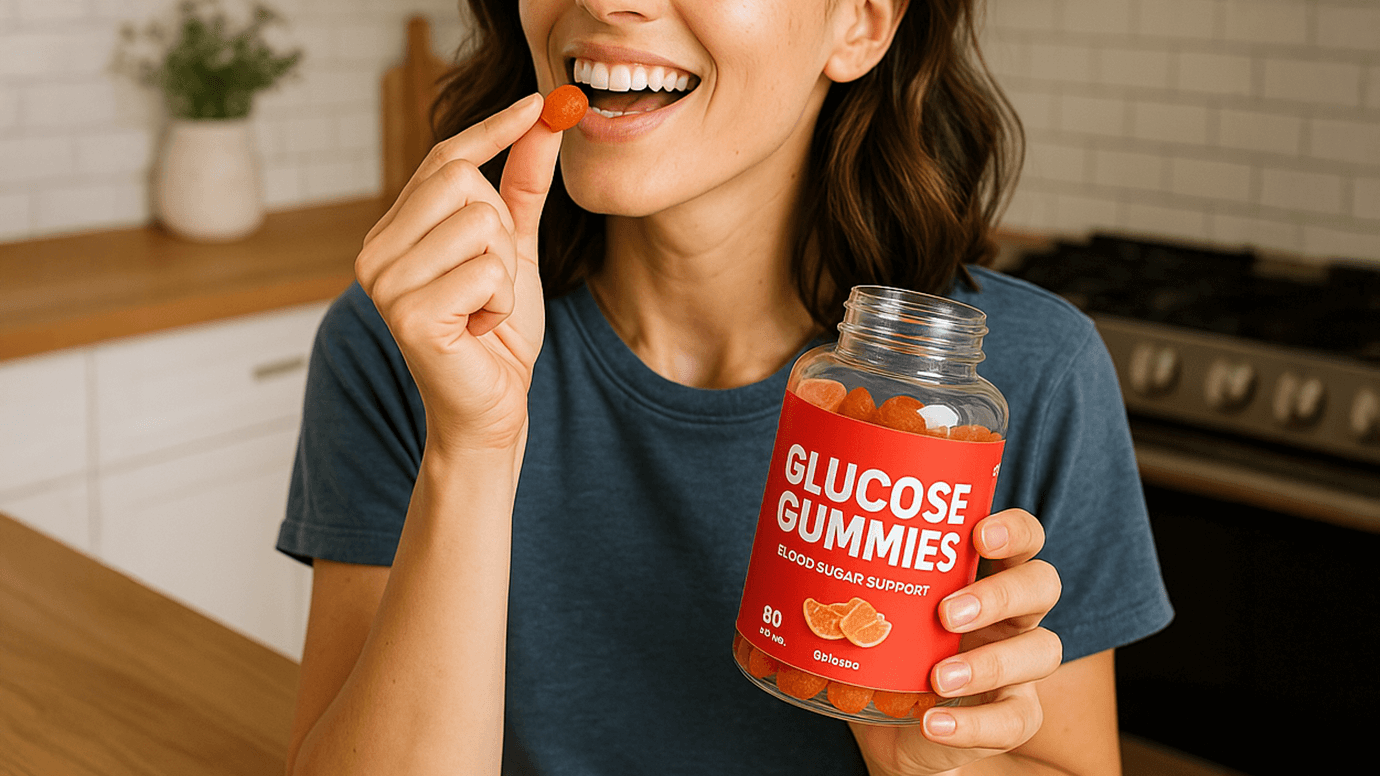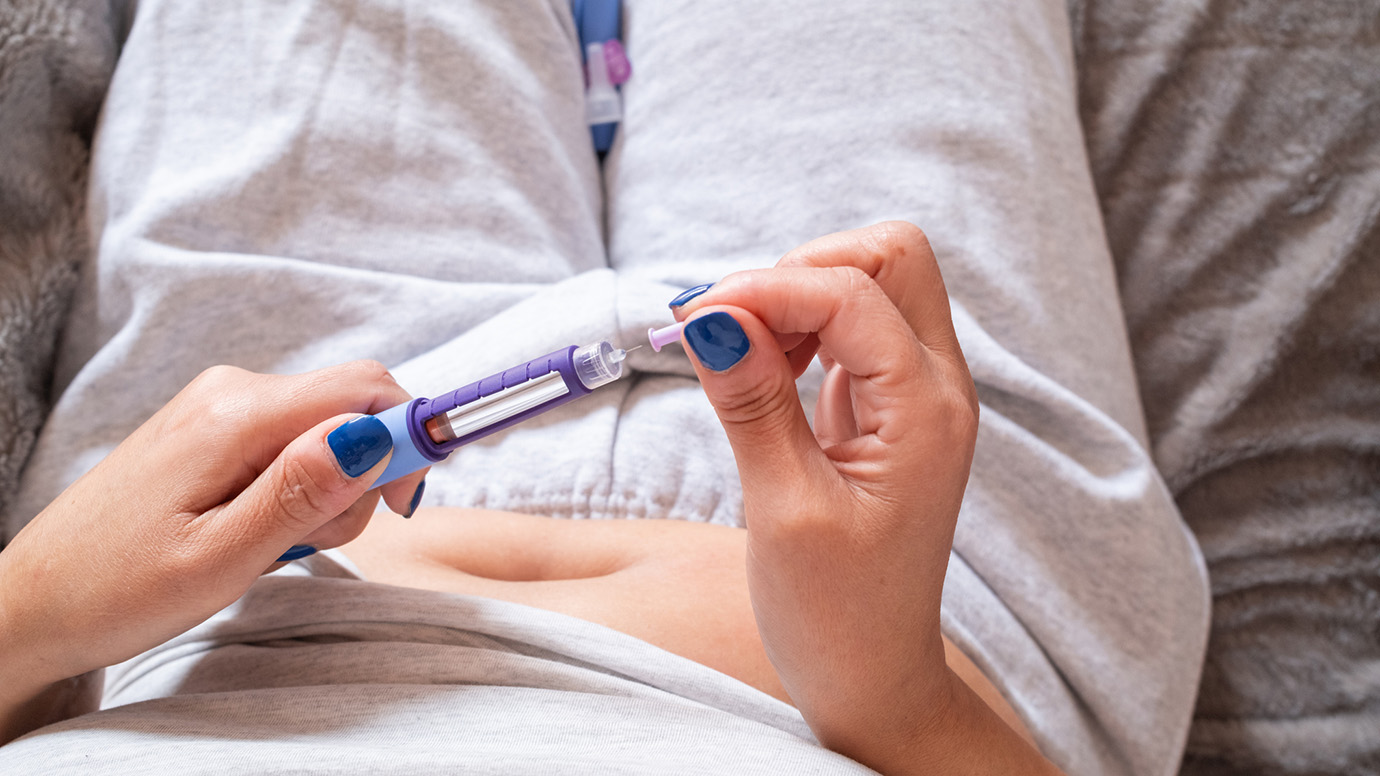Catching Up With Koia
Written by: Jordan Dakin
4 minute read
June 25, 2020
Editor’s Note: This content was created as part of an advertising partnership between Beyond Type 1 and Koia, an active partner of Beyond Type 1 at the time of publication.
Maya French and Dustin Baker are the founders of Koia, a drink company with a mission to offer products with purpose. Koia’s shakes are nutrient-dense, high in protein and fit for any lifestyle. Dustin and Maya are excited to share their drinks and passion for helping others—and they caught up with Beyond Type 1 to talk about just that!
Can you share about how Koia came to be?
Maya: Dustin and I met in 2012. He wanted to start a juice company and I was curious, so I helped. We bottled juices and sold them to grocery stores in Chicago. Eventually, I found out I was lactose intolerant, which then became the inspiration behind creating what was supposed to be a line extension as a dairy-free protein drink. But once we received lots of positive feedback, we decided to phase out the juice, expand upon the protein drinks, and make them plant-based. It was really important to us to have a product that was low in sugar, high in protein and promoted better nutrition.
Dustin: Really, that’s been it. Since day one, we would ask buyers, “What is it about this product that you love so much?” because we were getting quite frequent reorders. They’d respond, “This is the only product with a low-sugar, high-protein combination that we’ve seen.”
Maya: Once we moved to protein, we were able to expand pretty quickly. We were selling in Michigan and Chicago and we reformulated just to make sure that it was a scalable product. That’s when we adopted the name Koia. It was spring of 2016 when we received our Whole Foods national deal. We picked up everything and moved to LA and we went from 40 to 400 stores overnight. Fast forward to today—we’re in over 8,500 stores.
Do either of you have a personal connection to the diabetes community?
M: My grandfather, who passed away two years ago, lived with type 2 diabetes. Eventually, it’s what would cause him to pass away, but he lived a very long life and passed away at 95. Throughout his life, he dealt with some complications.
I would say that’s made me more conscientious of the things that I choose to eat, especially over time, because I know that a bad diet might not affect me now, but it can cause deficiencies over time. We have so many testimonials from people that have implemented this product into their life and it’s helped them. It has been an inspiration for us to continue innovating.
D: We’ve had a lot of people who live with diabetes reach out to thank us, which is so meaningful. It’s really amazing to feel like this isn’t just another product, but it’s actually something that can add value to our customers’ lives. We love connecting and learning more about the specific challenges faced by the diabetes community and ways we can help. And as we continue to expand and evolve, it’s something we’ll without a doubt take into consideration as we create future products.

What sets Koia apart?
M: We only use high quality ingredients and all of our products are 100-percent plant-based, low (or no!) sugar, dairy-free, soy-free, gluten-free, vegan and Non-GMO Project verified. We think it’s important to have very simple ingredients—something that you could basically replicate in your own kitchen if you had the tools and patience. In our early days, we used foods like cacao and pumpkin puree, and other ingredients that weren’t on the market at the time. Not having a traditional food background was the fun part, because we were able to innovate and create things from nothing.
D: In the beginning, our criteria was six grams or less of sugar. It was not easy to accomplish. We tried every imaginable low glycemic sweetener combination. Monk fruit had a phenomenal taste profile compared to other sweeteners, so we were a very early adopter of that.
Dustin, what was your background before getting into beverages?
D: Back in 2012, I was transitioning from a college diet to eating more like an adult, to be quite honest. I started adjusting my diet and becoming more aware. At that time, I was a medical sales rep and I was in hospitals all day, every day. And if I wasn’t in hospitals, I was at trade shows with doctors and nurses, selling equipment. I started to see this connection between obesity and illness and prescription drugs. And I thought, “Wow, I’m helping to treat the symptoms, I’m selling products after people are sick, but how can we get in front of this?” Personally, I just wanted to do something to have an impact. If you’re going to work really hard, at the end of the day, you want to feel like you’re making a difference. I really felt that from day one with Koia. We didn’t know if the company would be successful—we just followed what we felt was right.
Maya, I understand you have food allergies that limit the types of food you eat. Can you talk about adapting your diet to what works best for you, something our audience is very familiar with?
M: I had no idea. I was just kind of living my life in pain and normalizing it. I think what changed was when I found out what was wrong. I started changing and taking things out, not eating dairy and lowering my sugar intake—I felt better overall. When you feel more energetic and overall just better, you don’t ever want to go back to feeling bad. That was the motivation that I needed to keep going on that route.
It was just a matter of knowing that there’s better, reaching that point, and not wanting to feel bad again because the reward is so much better, versus me indulging in all these things I can’t have like cheese and pizza.
D: That’s the polished version—I would say it was the five stages of grief! Maya and I worked together full time and lived together when starting Koia, so I was very much around this and at first it was denial—she could not accept it.
And that’s totally why she’s perfect for this industry. She really loves food and she comes from a food culture. She had to change everything. There was a point, probably two months in and throughout the first couple of years, where she felt very much victimized, and said, “It’s not fair,” because she hadn’t yet learned how to adapt her diet, how to make it work.
It can be very frustrating when everybody’s enjoying food and you can’t, frankly. There was some bargaining where she would just say, “You know what, I’ll take the consequences. I’m eating this anyway.” It took probably three years before she came to fully accept it and learn how to have a clean diet that could work for her.
M: I think another thing that I would add to that, too, is yes, we have more and more healthy options that are available to us than ever before, but you also have to diminish that negative stigma around healthy food. Because so many people are used to bad food tasting amazing and healthy food tasting awful. We can kill that stigma and let people know that healthy food can taste as good as bad food. I think that’s how we can really move together towards a healthier lifestyle in this country.

Author
Jordan Dakin
Jordan earned her BA in English and film studies at University of California, Los Angeles. She is a passionate storyteller, traveler and lover of people and hopes to use her experience working in tech and as a writer to advocate for the BT1 community. In her spare time, she also enjoys hiking, karaoke and cooking for friends. Check her out on Instagram: <a href="https://www.instagram.com/jordanemilydakin/">@jordanemilydakin</a>.
Related Resources

If you have diabetes, you know insulin affects low blood sugar (hypoglycemia), but it’s not...
Read more

Living with diabetes, you know that low blood sugar can be dangerous and needs quick...
Read more

At just 17, Collin Lloyd is making a name for himself in karting—on and off...
Read more

